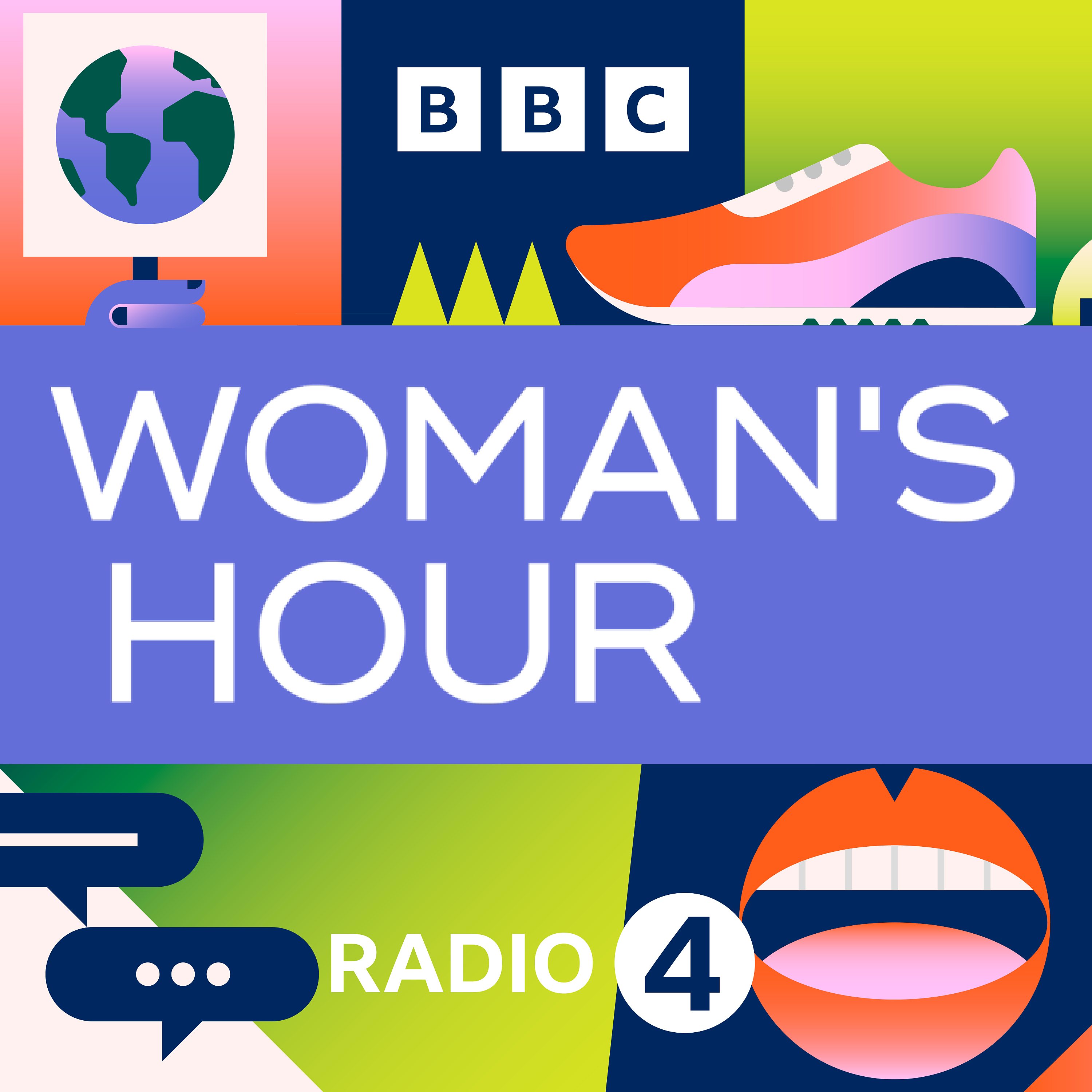- Other
- SEE MORE
- classical
- general
- talk
- News
- Family
- Bürgerfunk
- pop
- Islam
- soul
- jazz
- Comedy
- humor
- wissenschaft
- opera
- baroque
- gesellschaft
- theater
- Local
- alternative
- electro
- rock
- rap
- lifestyle
- Music
- como
- RNE
- ballads
- greek
- Buddhism
- deportes
- christian
- Technology
- piano
- djs
- Dance
- dutch
- flamenco
- social
- hope
- christian rock
- academia
- afrique
- Business
- musique
- ελληνική-μουσική
- religion
- World radio
- Zarzuela
- travel
- World
- NFL
- media
- Art
- public
- Sports
- Gospel
- st.
- baptist
- Leisure
- Kids & Family
- musical
- club
- Culture
- Health & Fitness
- True Crime
- Fiction
- children
- Society & Culture
- TV & Film
- gold
- kunst
- música
- gay
- Natural
- a
- francais
- bach
- economics
- kultur
- evangelical
- tech
- Opinion
- Government
- gaming
- College
- technik
- History
- Jesus
- Health
- movies
- radio
- services
- Church
- podcast
- Education
- international
- Transportation
- kids
- podcasts
- philadelphia
- Noticias
- love
- sport
- Salud
- film
- and
- 4chan
- Disco
- Stories
- fashion
- Arts
- interviews
- hardstyle
- entertainment
- humour
- medieval
- literature
- alma
- Cultura
- video
- TV
- Science
- en
The Cumberlege Review. How has the healthcare system responded to concerns raised by women?

The Independent Medicines and Medical Devices Safety Review, also known as the Cumberlege review, is finally being published tomorrow after being delayed by Covid-19. It will focus on three health scandals that have severely affected women\u2019s lives including vaginal mesh implants, an oral pregnancy test called Primodos, and an anti-epileptic drug called sodium valproate. The precise medical details between the cases differ, but what they all have in common is that women were given medical products that weren\u2019t properly tested, and then weren\u2019t believed when they complained of side effects further down the line. BBC Health Correspondent Anna Collinson talks about the background to the cases and the review, and Bonita Barrett discusses her experience of seeking help \u2013 and being ignored \u2013 when she went to her doctor in pain after being given a mesh implant without her consent.
\nIt\u2019s 1957 and Jean Swinney, a journalist on a local paper in the London suburbs, is investigating a story about a virgin birth. As she gets closer to the people involved Jean\u2019s lonely and dutiful life becomes more interesting and she experiences a miracle of her own. Clare Chambers\u2019 book \u2018Small Pleasures\u2019 is her first for 10 years and it was an item on Woman\u2019s Hour which sparked the idea. \n \nThere is a concern that some children and pregnant women have missed routine vaccinations in England during the Coronavirus pandemic. Professor Sonia Saxena from Imperial College, London explains why this must be reversed quickly.
Jane speaks to the winner of the Winner of The Arts Society\u2019s national Isolation Artwork Competition in support of young artists during lockdown.
Presenter: Jane Garvey\nProducer: Caroline Donne\nInterviewed guest: Anna Collinson\nInterviewed guest: Bonita Barrett\nInterviewed guest: Clare Chambers\nInterviewed guest: Sonia Saxena